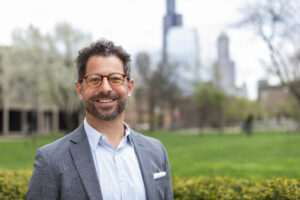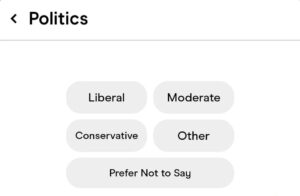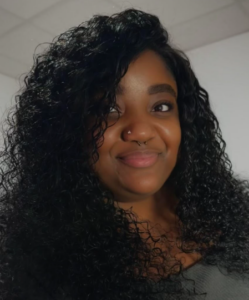Gun control played an important part in Illinois elections with candidates on both sides enjoying electoral victories.
Richard Pearson, executive director of the Illinois State Rifle Association, said his group achieved its number one election goal with Cook County Commissioner Larry Suffredin’s defeat in the Cook County state’s attorney Democratic primary race.
“The biggest thing is we opposed Mr. Suffredin,” said Pearson after Suffredin’s third- place finish. “The state’s attorney should be investigating criminal activities, not targeting citizens.”
Suffredin is a proponent of tougher gun control laws and has served on the board of the Illinois Council Against Handgun Violence. Pearson said Suffredin would have unfairly targeted Illinois gun owners if he had been elected state’s attorney.
Meanwhile, the Brady Campaign to Prevent Gun Violence endorsed Will Burns, who won the Democratic primary for state representative in Chicago’s 26th District.
Burns defeated four others including the incumbent, Rep. Elga Jefferies (D-Chicago). Last April Jefferies voted against House Bill 758—which would have required a phone call to state police to process all fire arm sales—even though she was one of the bill’s co-sponsors.
The bill, which failed by two votes, could still be passed. After the initial vote failed, it was referred to the House Rules Committee and this week it was assigned to the House Executive Committee.
Mark Walsh, the campaign field director for the Illinois Campaign to Prevent Gun Violence, said the bill’s passage is essential to keeping more guns off the streets.
“758 is one of our top priorities this legislative session,” said Walsh. He said Jefferies may vote differently if given a second chance while still a House member.
“She made an error. I think if it comes around she’ll vote differently,” said Walsh.
Three days before the primaries five people were shot to death at a Lane Bryant Store in Tinley Park.
Pearson said the deaths would have occurred regardless of gun control laws.
“That shooting was not a random shooting or a robbery. There was somebody in there who was marked,” said Pearson. “It was probably a gang activity. Whatever laws that are passed are not going to stop any gang activity. If someone there had a firearm for self-protection this probably would not have happened.”
Walsh disagrees with Pearson.
“It’s difficult to say what would have happened if a customer had a gun,” said Walsh. “Definitely what would have stopped the shooting was limiting the amount of handguns on the street.”
In a second recent high-profile shooting on Feb. 14, a gunman fatally shot five students at Northern Illinois University in DeKalb, then shot himself to death.
Pearson said these two shootings will definitely come up when future gun control bills are up for vote.
“The anti-gun control crowd likes to dance on the blood of the victims,” said Pearson.
Former Republican gubernatorial candidate Judy Baar Topinka said the shootings will come up, but that it will not change Illinois citizens’ opinion about their second amendment rights.
“Gun control always comes up because it is an easy target. Illinois will by and large never go for gun control,” said Baar Topinka, who said she is “touchy about the right to own a gun.”
November’s general election could be the real battleground for gun control laws in Illinois.
Pearson said that while “a couple of un-endorsements” were made in the primaries, “the heavy endorsements don’t happen until the general election.”
Categories:
Justice & Crime Local Politics Public
Tags:
gun control lane bryant niu






Be First to Comment